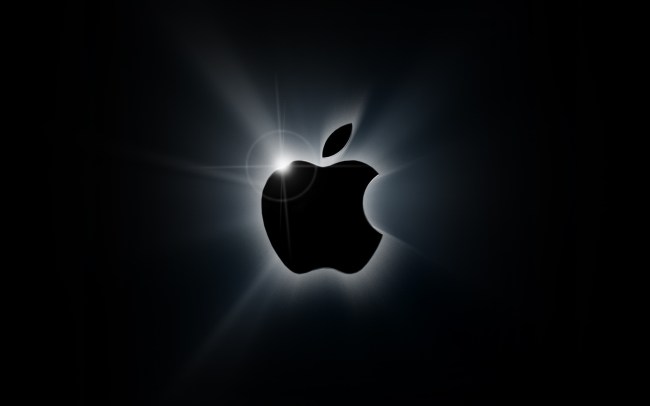
With an estimated value of $153.3 billion, Apple has officially surpassed search giant Google to become the most valuable brand on Earth, reports Bloomberg, making the Cupertino, California-based company the world’s new corporate king.
Over the past year, Apple has grown a staggering 84 percent, according to the “Brand 7 Top 100 most valuable global brands” of 2011 report, published by advertising and marketing firm WPP. Apple’s worth places well above Google’s estimated value of $115.2 billion, a 2 percent drop from the previous year. This end’s Google’s four-year run as the world’s most valuable company. IBM came in at No. 3, just ahead of McDonald’s Corp.
The massive success of the iPad and iPhone lines of devices — among both consumers and businesses — served as the primary force behind Apple’s impressive growth. Sales of those gadgets helped further solidify Apple’s place in the global cellular phone market, and cemented its lead as the world’s top tablet maker.
“It’s clear that every single Apple employee, from Steve Jobs and Tim Cook to the summer interns, see protecting and nurturing that brand as a top priority,” wrote Millward Brown CEO Eileen Campell, in the report. “Tablet computing also drove value growth not just for Apple, but also for the providers who support yet another networked device.”
Facebook also came out a winner in this year’s Brand Z report, having skyrocketed to first place in the “Top 20 Risers” category with its 246 percent surge in brand value, which places the social network at No. 35 in the world, with a value of $19.1 billion, according to the report. That sober number is far less than the $100 billion valuation given by some estimates. China’s most popular social network, Baidu, was the second fastest growing company, with a 141 percent rise in brand value.
Technology companies dominated the report’s top 10 overall most valuable companies, with Apple, Google, IBM, Microsoft, AT&T and China Mobile taking six of the leading spots.
Download the full report here: PDF.
Editors' Recommendations
- Shopping at Apple this holiday season? You should know this
- iOS 15 bug recorded a ‘small portion’ of Siri interactions
- iPhone: Apple video highlights 10 cool features on its handset
- Supply chain issues forced Apple to stop making iPhone 13s in October
- Google One subscribers now have enhanced photo-editing tools on iPhones


